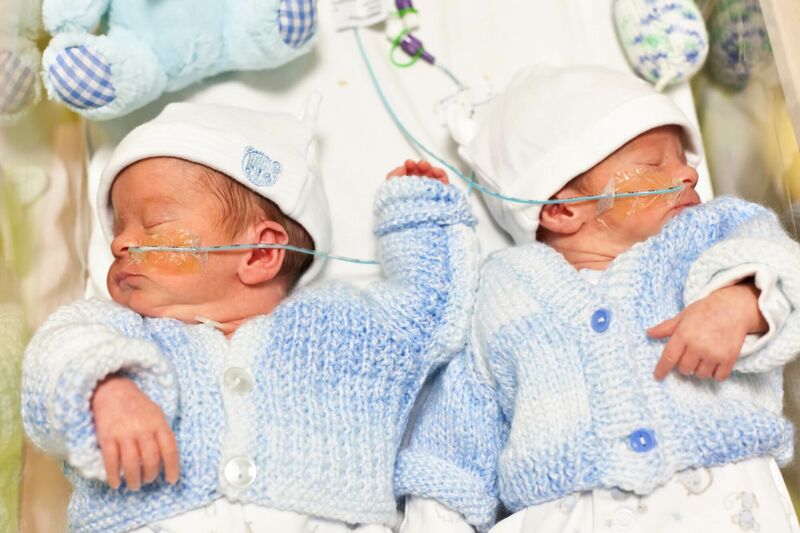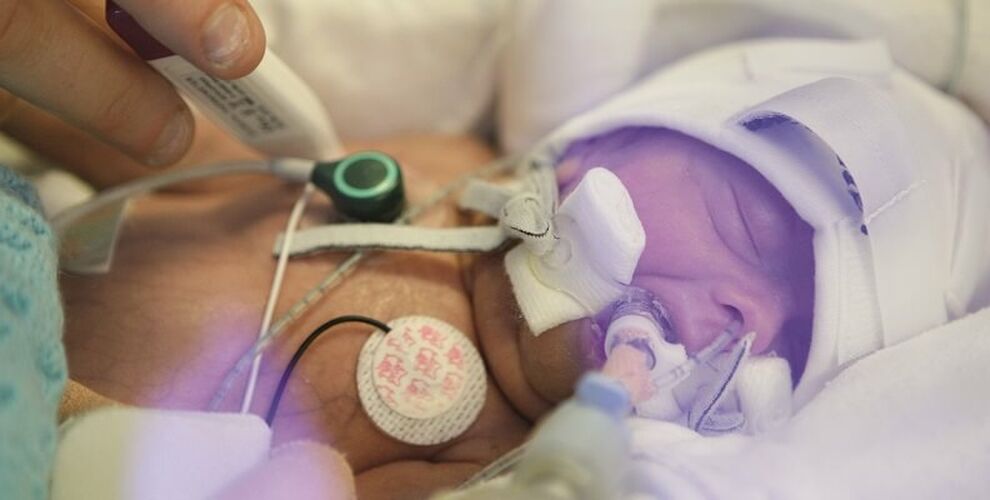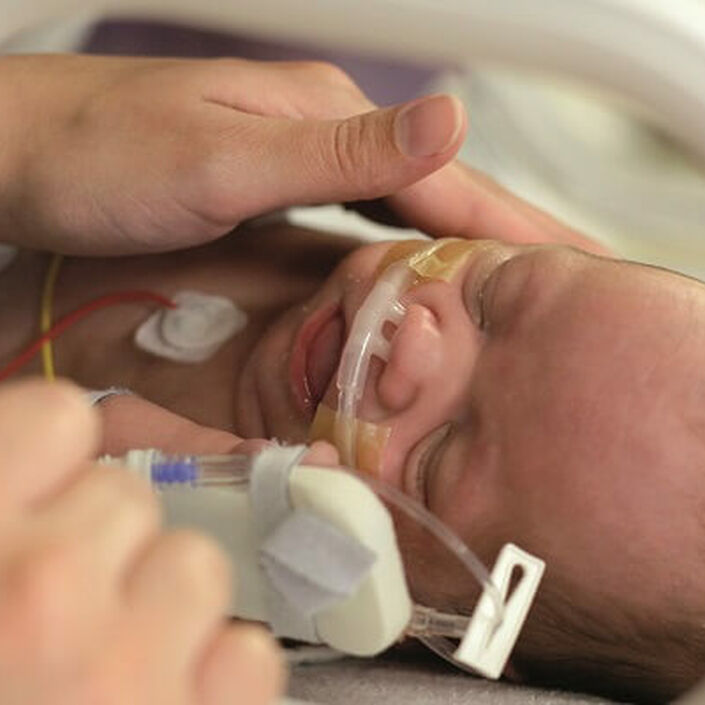Over the years Bliss has funded projects through our Innovation in Care Fund. Here are some of the projects we previously funded.
SHIFT (2013 - 17)
In the few weeks before they go home from a special care baby unit (SCBU), most babies just need relatively straightforward help receiving milk through a tube that goes into the stomach (naso-gastric tube).
Support at home for infants with feeding tubes (SHIFT) was a project led by Dr Nick Embleton of the Royal Victoria Infirmary, Newcastle. This project looked at the main benefits for infant and family health, and the NHS, of early discharge to home with supported tube feeding in preterm infants.
REDEXAM (2013 - 15)
Babies born less than eight weeks early or less than 1.5kg birthweight in the UK every year are at risk of developing the serious eye complication called retinopathy of prematurity (ROP).
Less than 1 in 10 of these babies ever need treatment, but to identify the babies who are at risk of developing ROP requires eye examinations every 1 to 2 weeks from five weeks of age. These tests are uncomfortable and upsetting for babies and families. Instead, a simple urine test appears to help identify those babies needing treatment which could prevent babies from having the painful procedure.
The REDEXAM study (reducing painful eye examination in preterm infants) tested the effectiveness of this new, non-invasive, urine test for ROP in premature babies.
The outcome of this study, published in Paediatric Research Clinical Investigation, demonstrated that the results of the urine test are strongly associated with ROP in the most premature babies. However, the test does not perform well enough on it’s own to change the way we look for ROP at the current time.
SCAMP (2009 - 11)
Many extremely premature babies grow slower than they should do in the first weeks after birth. Poor growth, especially of the head, may lead to learning difficulties and other problems later at school age.
There may be several causes of this poor growth, but it is likely that not taking in enough food is an important one. Total Parenteral Nutrition (TPN) is the feeding of a baby intravenously, bypassing the usual process of eating and digestion.
In this study, babies born at less than 29 weeks received two different types of TPN: the standard version currently used, and a version that is higher in protein, fats and glucose. Both sets of babies received this nutrition via a drip.
The study's findings, published in Pediatrics, showed a significant difference between the head circumference of a baby who received the feed with extra nutrients, compared with those that received the standard nutrients. The difference was an increase of about 5mm, which is about a 6 per cent difference in brain size at 28 days of life. These differences were still visible after the babies had gone home.
Read the Bliss Briefing on SCAMP
CoMPaSS (2012 - 15)
Following on from the excellent findings of the SCAMP study, Dr Colin Morgan and his team worked to roll out the concentrated version of TPN to several units in the North West of England.
CoMPaSS (Concentrated Macronutrient in Parenteral Standardised Solutions), aimed to improve early nutrition for very preterm infants at a national level and provide a PN manufacturing, supply and administration pathway that is centred around the nutritional needs of the preterm infant, improving cost effectiveness and patient safety at the same time.


